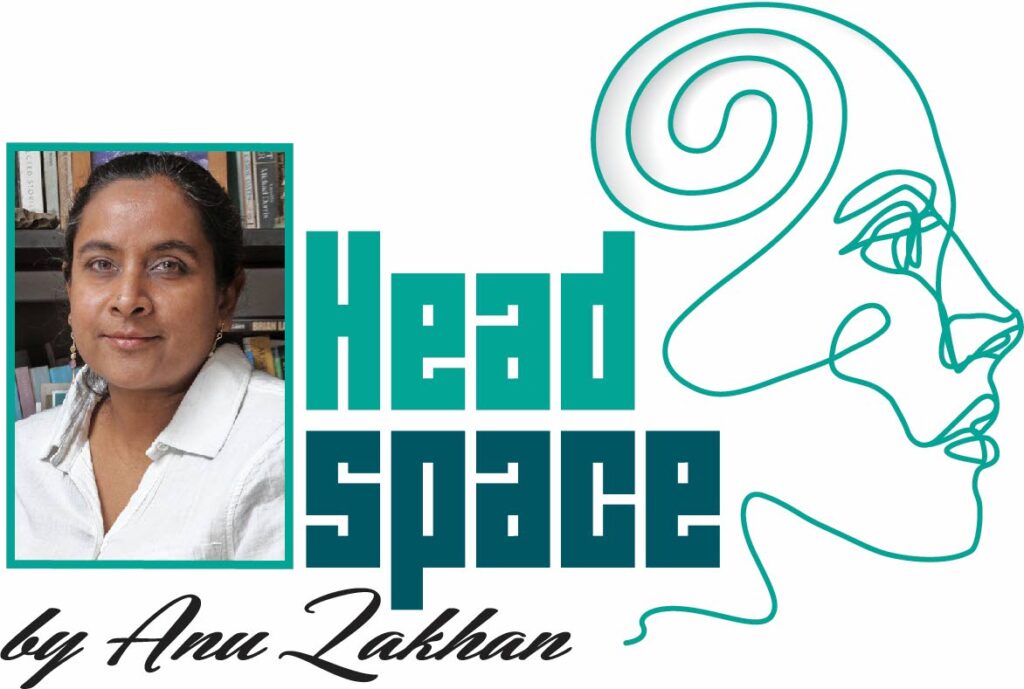I don’t want to lose control
Newsday

THESE DAYS I feel like it’s my hearing over which I have the least control.
That’s not an easy one to start with, though it may seem like a truth self-evident. My mishearings are both legion and legendary. Especially for song lyrics. And given my passion for analysing lyrics, this is sad indeed.
In Kate Bush’s Running Up That Hill, the line goes: “I’d make a deal with God and get him to swap our places.”
Only with the frenzy created by the series Stranger Things and the revival of Kate’s song did I find these true lyrics. For years I’d been cheerfully singing: “…and get into smaller places.”
That made perfect sense. Why would I not want to get into smaller places and just hang out there?
But since singing is for me a solitary activity, best done when I’m brushing my teeth, no one corrected me.
There are a lot of things I don’t hear quite right. I miss a lot of what’s said in radio ads. I never know what is being communicated on loudspeakers. I don’t hear half of what the Cats’ Father says, and what I hear makes little sense (perhaps a different issue entirely).
There’s no physical or medical reason for it, it’s just a glitch.
I don’t like glitches. They have an everything’s-not-in-order feel. Here, without so much as a by-your-leave, I stopped having control over how I hear things.
Control is what I’m comfortable with. I know now it’s not for everyone. I used to think everyone must want to be in complete control of everything. Then the terrible business of growing up happened and I saw this was not the case.
There are people who actively shun it. Give it up. Give it away. Get as far from it as possible.
They confound me, these people.
And yet, a little bit of me wants to be a little bit like them. Being in control has done me few favours, but it is how I’ve mapped out my existence and travelled the route. It can be nerve-racking, but the chaos of not being in control (that’s what it looks like to me) is far worse.
I have no control over panic attacks. That’s been the ongoing disruption in my world. If my life was actually the world, panic attacks would be like roadworks. They can and will turn up when least convenient. They will ruin the best of days and intentions. They are inconvenient and just plain loathsome.
Because they happen no matter how much I wish them away, my need to control my non-panic-attack time has a little more edge to it. It’s not quite desperation, but it’s acute.
Control, or the need for control, gets a bad name in a lot of places. People can misread the need for control as a need for power. When I set boundaries for how I use my time, surely this is not a great heave to take over the world. It is a small attempt to make sense of the hours in the day and match them to the things I have to do.
All this to say…what is all this to say? It’s to say that sometimes, when I don’t feel like I can wrap my arms around everything that makes up my life, it scares me. I like the sense that I can reach the things that make up my work, family, friendships, bookcases, experimental gardening – all of it. Protect them if necessary. Care for them. Tidy them up.
Then – and this is the unexplored, the unknown – there is the whisper of a question: what if I surrendered control?
I could, in theory, be a lot less fussy about time. I could behave as though it didn’t matter if things ran on schedule or if somehow it were not my responsibility (especially in those cases when it genuinely is not).
I could not need to have a back-up plan for my back-up plan if I’m going to a meeting. I don’t have to be the one to offer to drive. I have no idea what that would be like or if I’d be comfortable with it.
Doing, as opposed to having things done for, is how I understand much of the world. Not all of it. But much.
This vexing question of how much control is right will likely take all my life to answer.
There is some comfort in that. I already know it. I can plan accordingly.
Remember to talk to your doctor or therapist if you want to know more about what you read here. In many cases, there’s no single solution or diagnosis to a mental health concern. Many people suffer from more than one condition.

